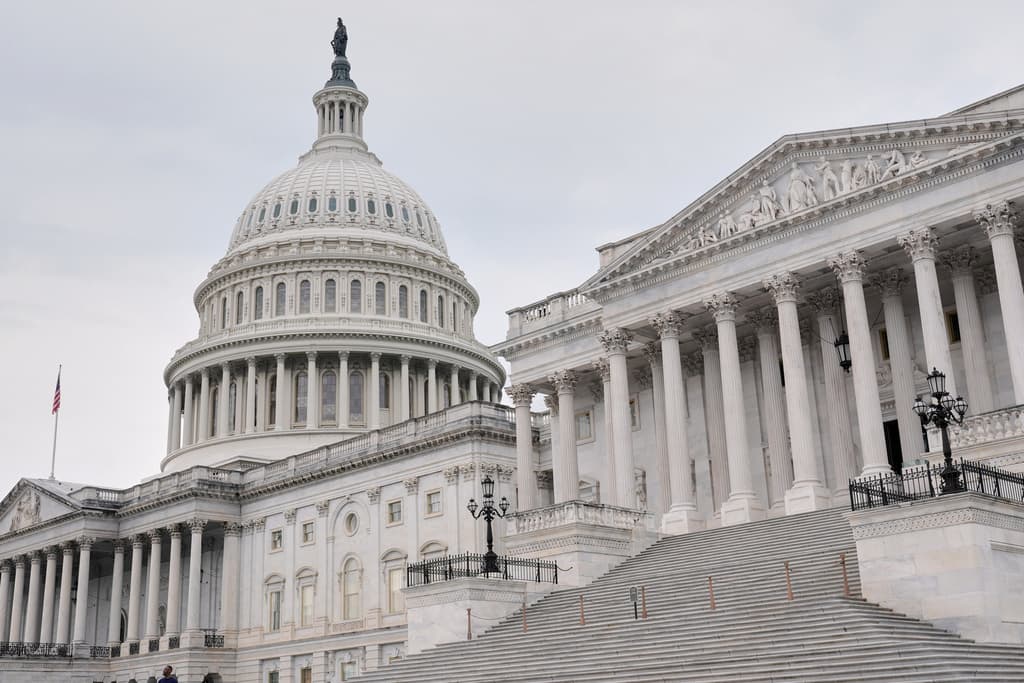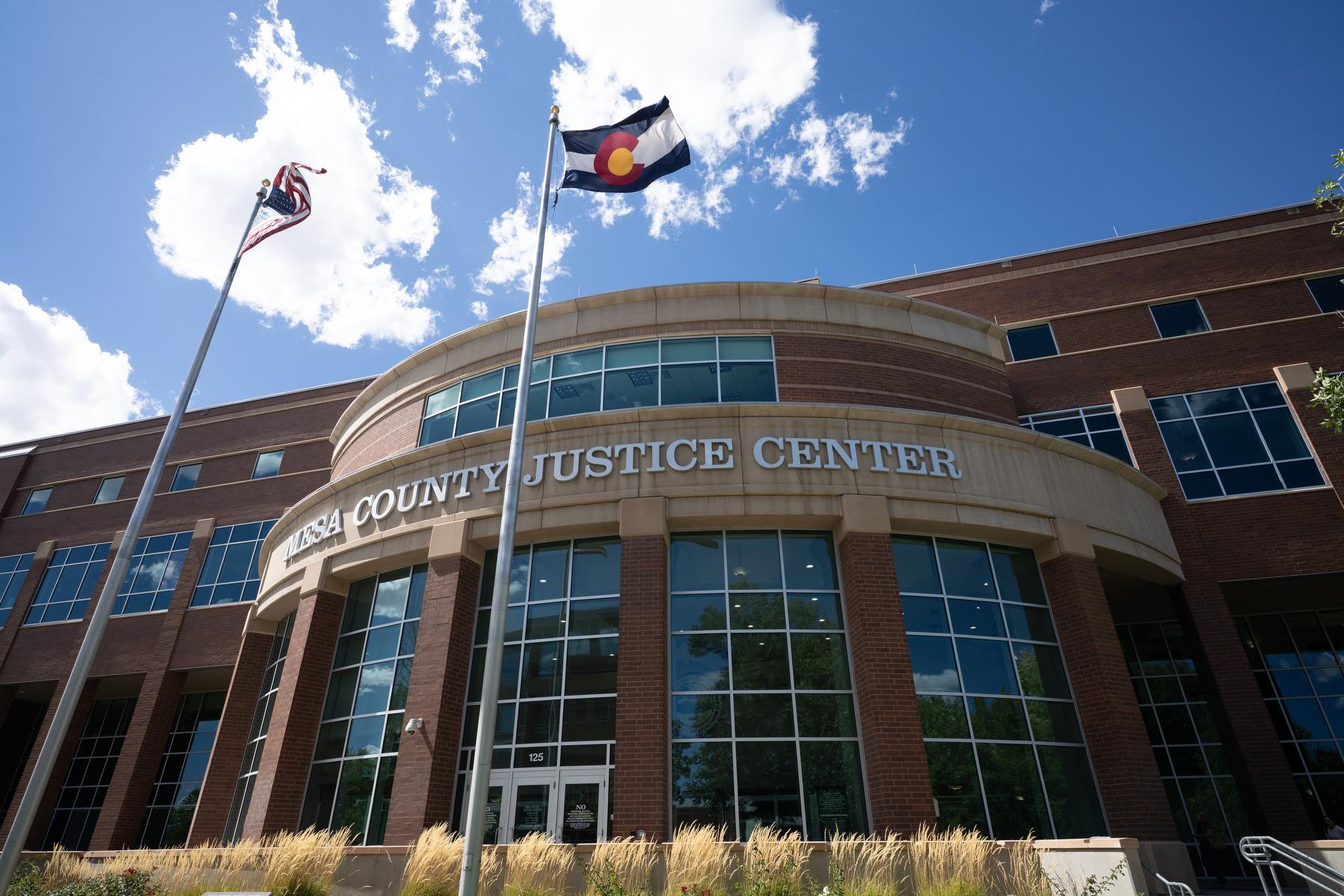
When local newspapers close down or lay off significant staff, the loss of that community watchdog can be measured.
A new study that looked at two decades of trends in hundreds of papers finds a correlation between the loss or decline of a paper and an increase in the interest rates taxpayers have to front. Dermot Murphy, a finance professor at University of Illinois at Chicago and a co-author of the study, talked to Colorado Matters about the findings.
Murphy and other researchers looked at 1,600 daily newspapers serving more than 1,200 counties across the country between 1996 and 2015. They found that lenders classified cities without a strong journalistic presence as riskier investments because of the possibility that corruption could go undiscovered. The riskier the municipality, the higher the interest rates on bonds and loans.
One of the papers included in the study was Denver's Rocky Mountain News, which closed in 2009. The death of the Rocky led to an increase of 37 basis points on the spread or yield of newly issued bonds. Ten points amounts to about a 25 percent increase on the risk premium.
The impact of recent layoffs at the Denver Post was not measured by the study.
A 2016 segment on Last Week Tonight with John Oliver featuring "The Wire" creator and former Baltimore Sun reporter David Simon inspired Murphy and the other co-authors.









